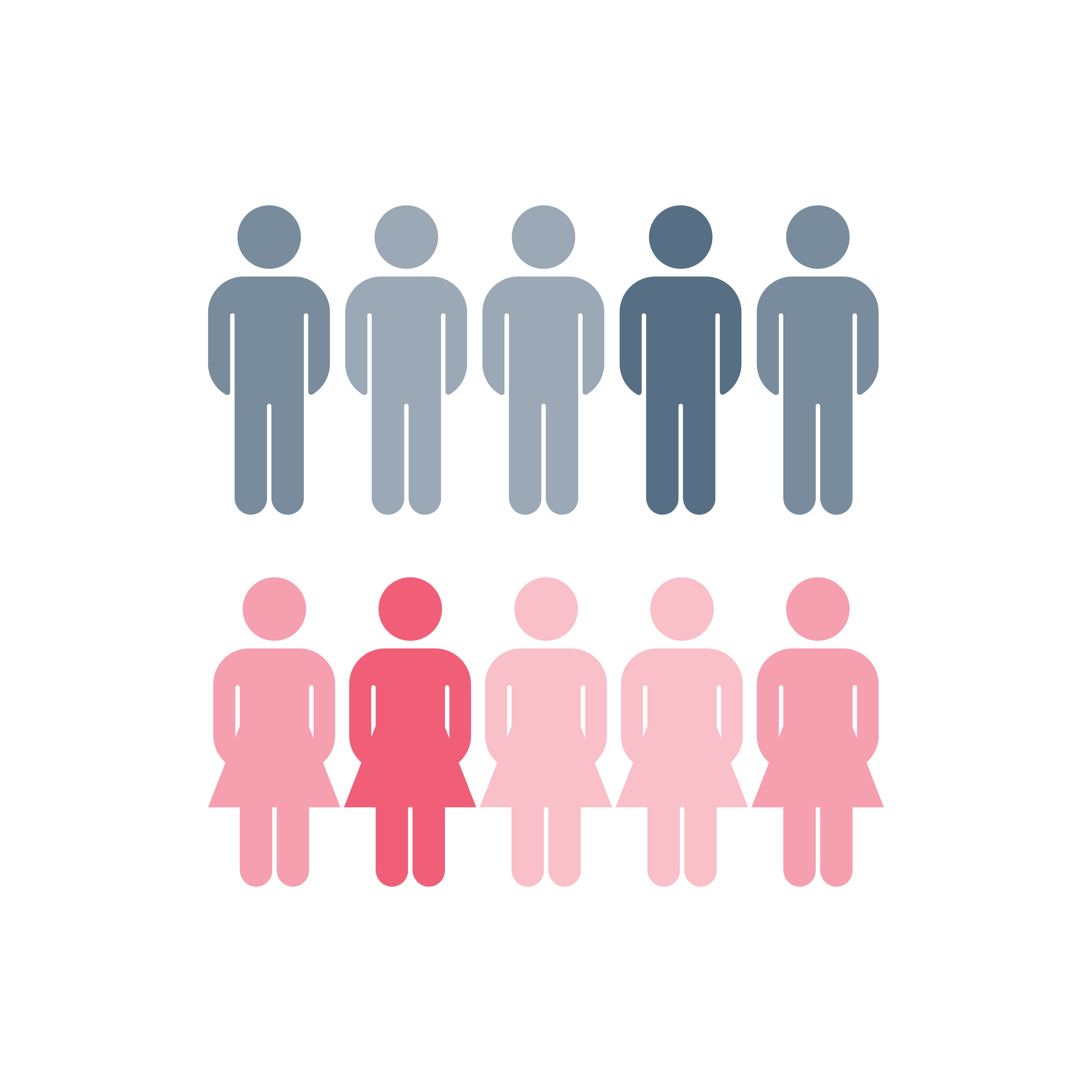What is the difference between clichés and tropes?
Tropes and clichés have been used interchangeably. Both of their meanings and uses have been categorized under the same purpose and function. Using tropes and clichés have played a central role in the existence of stories in books, novels, and films. However, to break the mold, tropes and clichés are not to be polarized between each other. There is more than what the picture tells about tropes and clichés.

Tropes
The existence of tropes has been credited to the existence of literature. One of the ancient Greek philosophers, Aristotle, has played a role in the meaning and purpose of tropes in literature. Aristotle has essentially framed the significance of tropes in poetry and rhetoric. This Greek philosopher has taught us that strange words confuse while ordinary words cause mediocrity. It is by using the two together, the strange and ordinary words, that create tropes. Thus, the creation of tropes paved the way for the existence of novel and authentic ideas.
In the field of literature, tropes are defined as archetypes or motifs. These archetypes or motifs refer to the recurring themes and ideas presented in a story or a novel. In a sense of a story, a trope points to the setting, characters, conflict, and plot of the story. Simply, tropes act as the bloodline of a story. Generally, all stories found in our novels and films contain tropes.
Some examples of tropes can be deduced from a novel telling the story of an unassuming yet determined poor boy to become rich and successful one day. This kind of trope is reflected in Charles Dickens’ Great Expectations. Simply, this is your typical rags-to-riches story. Another example of a trope tells the story of two lovers with conflicting wars between their families. This trope is one of the common tropes present in novels and films. An example of this trope is your classic William Shakespeare’s novel, Romeo and Juliet. Another example can be deduced from the classic musical, Westside Story. Moreover, Charles Dickens’ A Tale of Two Cities has that same type of trope.
Cliché
Tropes reveal the underlying essence of a story. When a writer uses a trope wisely, it creates an ingenious plot and narrative. However, when a trope is commonly used to the point of unoriginality and boredom, a trope becomes a cliches. Oftentimes, a cliches has a negative connotation. In the English language, cliches refers to a statement or an overused expression. It may come out as trite and unappealing to most of the speakers in the English language.
In the context of a film or a novel, cliches roots from a trope that is worn-out and overused by many writers. However, to point this out, cliches are also based on personal preference and predilection. For instance, a person who has already watched the musical Westside Story may say that it is a cliches because the story is based on Shakespeare’s Romeo and Juliet. But, for someone who has recently seen the musical, that person may find the story creative and authentic because the characters include Mexicans and Peruvians. In this context, a cliches can be subjective based on a person’s choice and preference in that matter.
In the end, the existence of tropes and clichés has been marked by the ever-changing dynamism of literature and films. Trope and clichés signify the ingenuity of a writer or a director. In both ways, the presence of tropes and clichés aims to tell a narrative that progresses through time. A simple note though: using a trope or a clichés is subjective in nature. A trope can be used wisely in a story if a writer knows how to work around it. In the same way, a cliché can appear authentic and ingenious based on a person’s experience.
ALSO READ: How to Differentiate Biases from Prejudices?








